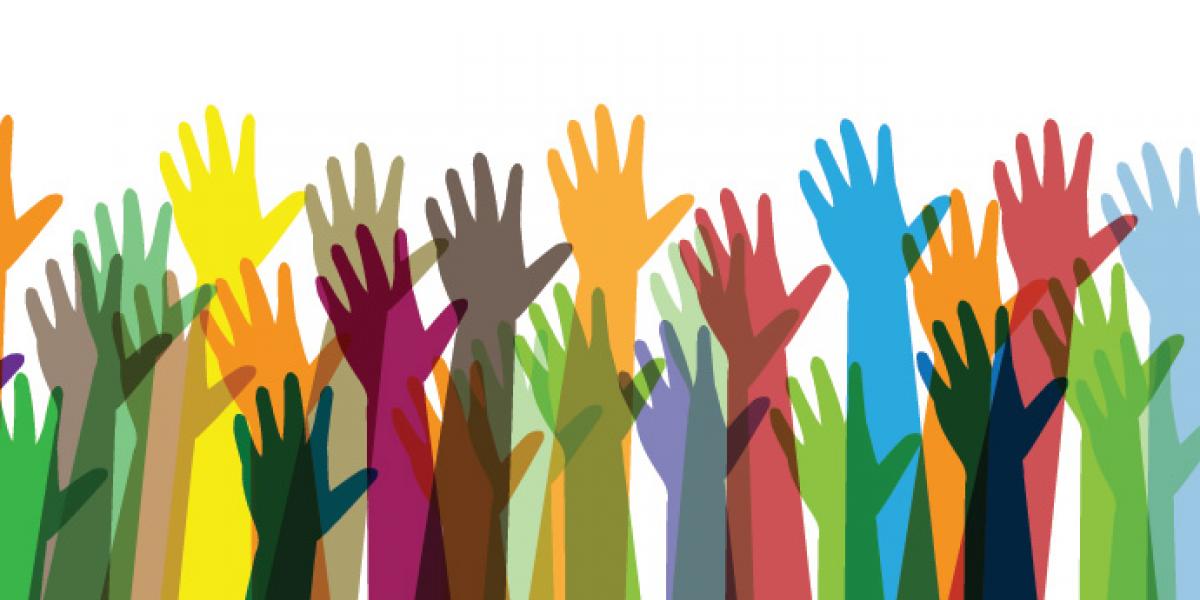
Date: 11/21/2022 @ 8:45am-4:00pm (EST) Cost: FREE
Instructor: Tatia Williams, Psy.D., LPCC-S, Psychologist
CE Credit Hours: 6 (ethics)
Program Description:
According to the World Health Organization, an overwhelming majority of people with mental and psychosocial disabilities are living in poverty, poor physical health, and are subject to human rights violations. Mental health issues cannot be considered in isolation from other areas of development, such as education, employment, emergency responses, and human rights capacity building. In this training, participants will learn about disparities and differences between economic classes but also a model for serving clients living in poverty. Presenter will create an active learning environment through the use of case presentations, group activities, the sharing of clinical/personal successes and challenges, and open group discussion.
Goals:
- To introduce a framework for understanding poverty
- To develop culturally-sensitive skills that will enable mental health providers to deliver proficient services to individuals living in poverty
- Assist mental health service providers in developing alternative perspectives and empathy toward individuals living in poverty
Objectives:
Training Outline:
Part I: Introduction (8:45-10:15am; 15 min break around 10:15)
- Current Statistics
- Contextual Differences Related to Poverty
- Mental Model of poverty vs middle class
Part II: Underlying Factors (10:30am-1:30pm; 45 min break around 12)
- Social/Environmental Components
- Neurobiological Correlates & Illness
- Barriers to treatment
Part III: Application & Treatment Framework (1:30-4pm; 15 min break around 2)
- Video Reflection & Discussion
- ICARE Model
- Case Study(ies)
Level: Beginner/Intermediate
Mid-Ohio Psychological Services, Inc. has been approved as a CE provider by the Ohio Psychological Association (#311358292), the Ohio Counselor, Social Worker, and Marriage & Family Therapist Board (RCS060502), and as a NBCC ACEPTM No. 7265.
- Teacher: Tatia Williams